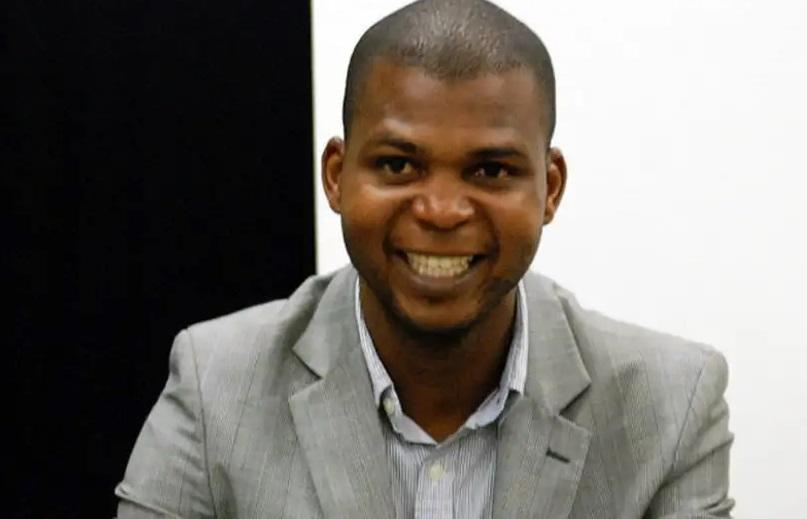Africa-Press – Mozambique. The London Commercial Court ruled on Monday (29-07) in favour of Mozambique in the “hidden debts” case, ordering the shipping group Privinvest to pay compensation of US$1.9 billion for corruption by the former minister of finance, Manuel Chang. Judge Robin Knowles dismissed Privinvest’s testimony and ruled that the payments were bribes disguised as investments. Privinvest intends to appeal the decision and is planning legal action against Mozambican president Filipe Nyusi after his diplomatic immunity ends. In an interview with DW, Borges Nhamirre, a researcher at Mozambique’s Centre for Public Integrity (CIP), comments on the court’s decision and its implications. Nhamirre welcomes the court’s decision, emphasizing that the ruling is a crucial victory for Mozambican justice.
DW Africa: How do you interpret this news?
Borges Nhamirre (BN): I received the news with great joy because individually and collectively we have always worked to ensure that Mozambique does not have to pay for these hidden debts. The damage that these debts have caused to Mozambique is irreparable. It will take generations of Mozambicans to perhaps return the country to the situation it was in, but [we] want at least Mozambique not to have to pay these debts to creditors.
It has been proven on several occasions that the money did not come to Mozambique. When the amount was disbursed by the banks in London, it did not actually come to Mozambique. The money went directly to Privinvest’s accounts. And from Privinvest’s accounts it began to be distributed to the people who were corrupted. So it would be unfair twice over if Mozambicans had to pay this amount.
DW Africa: But it is important to remember that Privinvest will appeal the decision.
BN: Yes, Privinvest will appeal the decision. But, so far, the rulings that have been made are all very good. And looking at the course of this case, Privinvest does not have much chance of reversing the ruling completely. It can even reduce, it can share, it can pay a part, but reversing the ruling is very difficult.
This case began in February 2019, and Privinvest’s first reaction to the case was to say that the court did not have jurisdiction to hear the case and that the case should go to arbitration. Then, about two to three years were spent discussing whether the High Court in London – Commercial Division – had jurisdiction to hear the matter. In the first instance, the court ruled that it had jurisdiction. But Privinvest appealed, exhausted all appeals and lost all appeals. The arguments Privinvest had will not be very different from what it will have now. Therefore, I do not believe that the ruling will be completely reversed.
DW Africa: And will Privinvest have enough money to pay the compensation owed to the Mozambican state?
BN: Privinvest presents itself as the largest private shipbuilder in the world, with shipyards in many countries, including France, Germany, Abu Dhabi. So, it would not have much difficulty paying this amount. If it does not pay, it will be executed.
DW Africa: So, has the work carried out by the PGR in this case been positive?
BN: Normally, I have not given many positive assessments to the work carried out by the Public Prosecutor’s Office in the area of the ‘hidden debts’ in general because of the dubious role it has played, for example, in the case of Manuel Chang’s extradition. But in the specific case of the London case, the work was very positive. I am one of those people who agree with the signing of out-of-court agreements with Credit Suisse, the Portuguese bank BCP and the Russian bank VTB. And I fully agree that the PGR initiated this process, incurring all the expenses for lawyers, and following through to the end. So, I have a very positive assessment of the work of the Public Prosecutor’s Office in this specific case.
For More News And Analysis About Mozambique Follow Africa-Press






